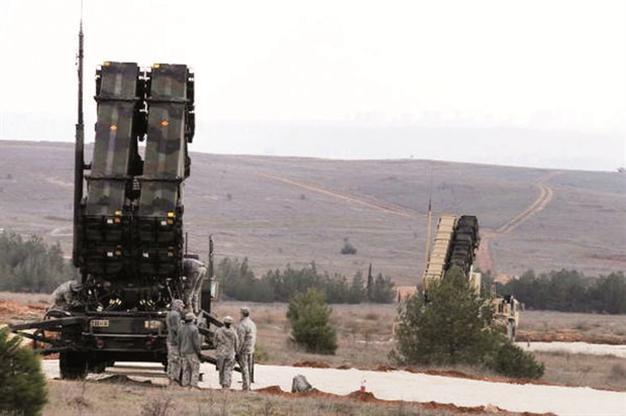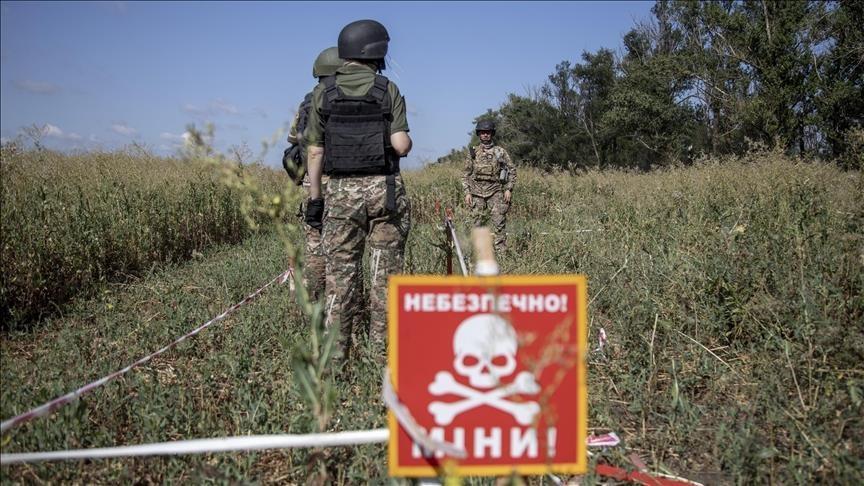Turkey to focus on long-range missile defense system development by ‘local means’
ANKARA - Anadolu Agency

DHA photo
Turkey will focus on long-range missile defense system developed by indigenous means, hence why the country canceled the existing missile project tender with a recent decision by the Defense Industry Executive Committee, said the National Defense Ministry in a written statement.The statement said the Undersecretary of the Defense Industry had presented highly detailed work about the long-range air and anti-missile defense system project to the Defense Industry Executive Committee, which was gathered under the leadership of Prime Minister Ahmet Davutoğlu.
After in-depth assessments, the committee decided to focus on the development of the long-range air and anti-missile defense systems by local means and to cancel the existing project tender with the aim of a more extensive approach in this area in its meeting on Nov. 13, according to the statement.
“In making this decision, the need for our defense policies to be based on long-term national projects, which give weight to the element of deterrence, were underlined. In this vein, any technological cooperation and national capacity development chances, which had long been discussed in our earlier meetings, will be assessed in detail in the future,” said the statement.
Existing project canceled
Turkey entirely dropped a tentative agreement to purchase a $3.4 billion long-range missile defense system from a Chinese company, ending a two-year saga over the deal, which had worried NATO allies.
The decision was made in the run-up to the G-20 Summit in Antalya when Turkish President Recep Tayyip Erdoğan hosted world leaders, including Chinese President Xi Jinping and U.S. President Barack Obama, CNNTürk reported Nov. 15.
The decision has yet to be finalized by the top Turkish government body for procurement, the Defense Industry Executive Committee, but the move was expected to be announced this week with formal approval from the members of the committee chaired by Prime Minister Ahmet Davutoğlu.
The committee’s other members are the defense minister, the chief of General Staff and the head of the defense procurement office, the Undersecretary for Defense Industries.
The talks with China Precision Machinery Import and Export Corp (CPMIEC) on the missile deal hit a stalemate over technology transfer, CNNTürk said, citing anonymous sources.
Turkey chose CPMIEC as the preferred bidder for the $3.4 billion deal in September 2013 to build the missile defense system, but the move prompted Western concerns about security and the compatibility of the weaponry with NATO infrastructure. NATO countries, particularly the U.S., objected to the idea, pointing to the fact that the systems would not be integrated with the alliance’s defense structure.
In the initial bid, Eurosam came second while a U.S. partnership of Raytheon and Lockheed Martin came third.
















